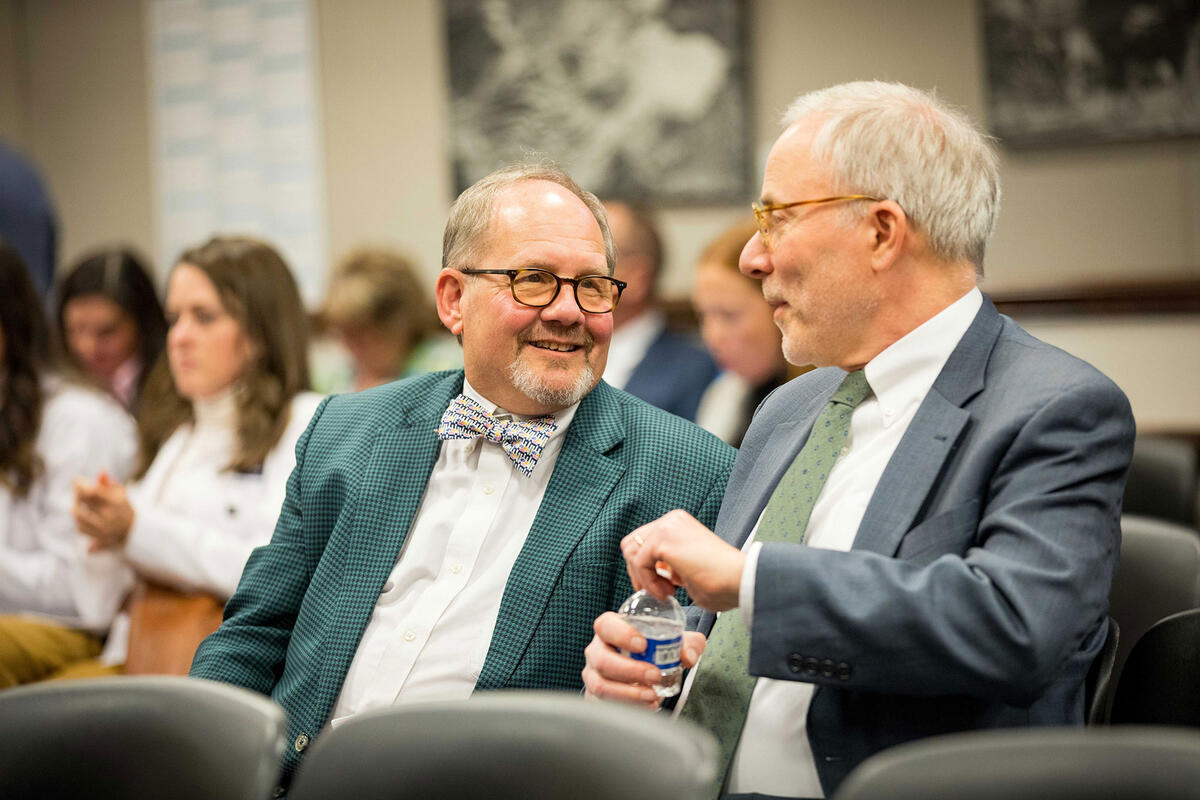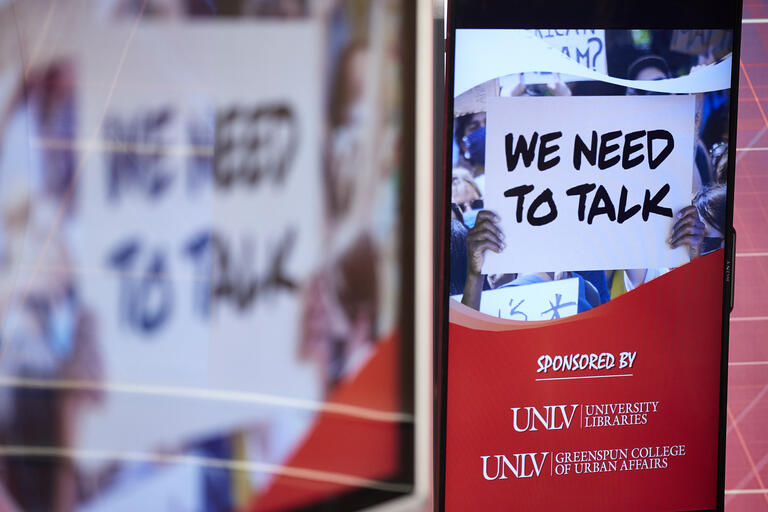Partnerships are a means of converting an idea to an action. The partnership between the deans at the Kirk Kerkorian School of Medicine at UNLV and the University of Nevada, Reno School of Medicine is one such example. At the end of February, Dr. Paul J. Hauptman, dean of the University of Nevada, Reno School of Medicine, and I met with lawmakers in Carson City to explain the state’s dire need for more residency and fellowship graduate medical education (GME) positions.
The state of Nevada currently ranks 45th in the U.S. for active physicians per 100,000 population, 48th for primary care physicians, and 49th for general surgeons. When broken down by medical specialty, Nevada has less specialists than the U.S. rate for nearly every specialty or subspecialty. Over the past two decades, Nevada’s population has increased each year, by about 2%. However, the number of trained physicians has not kept pace.
This is because of the way GME is funded in the U.S., compounded by Nevada’s population explosion over the past 25 years.
Although Nevada has gone from having a single allopathic medical school in Reno to its current state of two allopathic medical schools and one osteopathic medical school, only about half of Nevada’s medical school graduates eventually practice in the state. But, if we consider students who also complete residency or fellowship training in Nevada, that number increases to nearly 80%.
Put simply, we need more GME positions in our state in order to grow our own physician workforce. But this is not simple. The majority of GME is funded by the federal government through the Centers for Medicare and Medicaid Services (CMS), and the total number of funded spots were frozen in 1997 as part of a balanced budget act. As a result, Nevada currently has only 404 funded residency positions compared to over 9,000 in California and over 16,000 in New York. Unfortunately, the Western states as a whole were underfunded in 1997, and for Nevada, our population is very different than it was in 1997.
That is why the medical school deans at the two public allopathic medical schools in Nevada worked and lobbied together in Carson City last week to increase lawmaker’s knowledge of GME and to ask for increased state funding to support the training of residents and fellows.
The deans appreciate the support afforded by previous governors and our current governor, but to make a difference, we need more state support. Although there have been small increases in federal GME funding during COVID, the net effects have been inconsequential, and it is unlikely that Nevada will receive a significant amount of additional federal support for GME.
Increased funding for GME will have to be a state priority. In addition to our overall shortage of GME positions in Nevada, there are also specialty training programs that do not exist in our state. These include ophthalmology, urology, dermatology, nephrology, infectious diseases, and many others including the realm of pediatric subspecialty training programs. Not having these training programs in Nevada forces trainees interested in them to leave our state. And once they leave, they are not likely to return.
Nevadans deserve excellent care. We should insist on equal access, timely appointments, and the full complement of medical specialists necessary so that we do not have to leave the state to get care. State supported GME expansion is the pathway forward.



